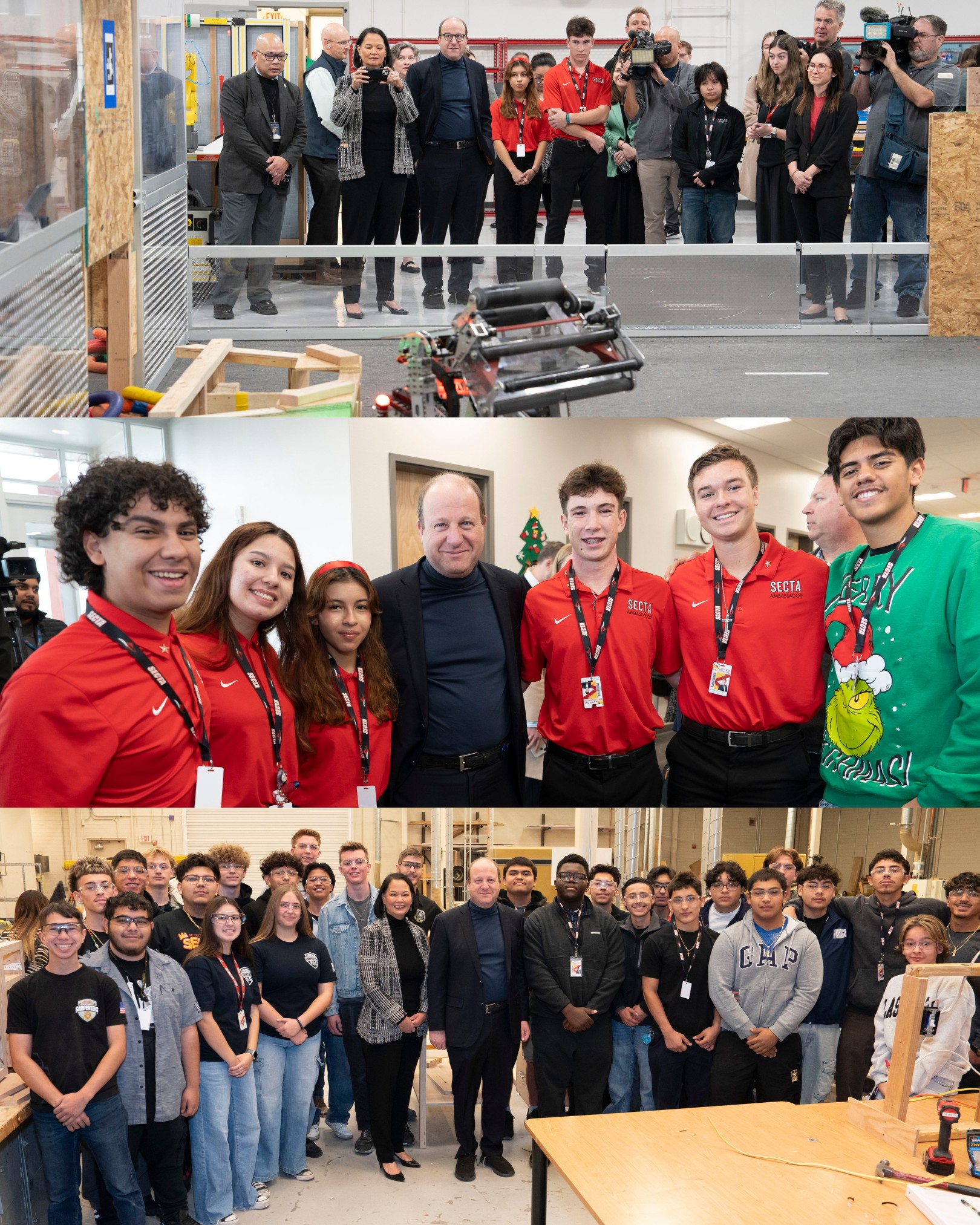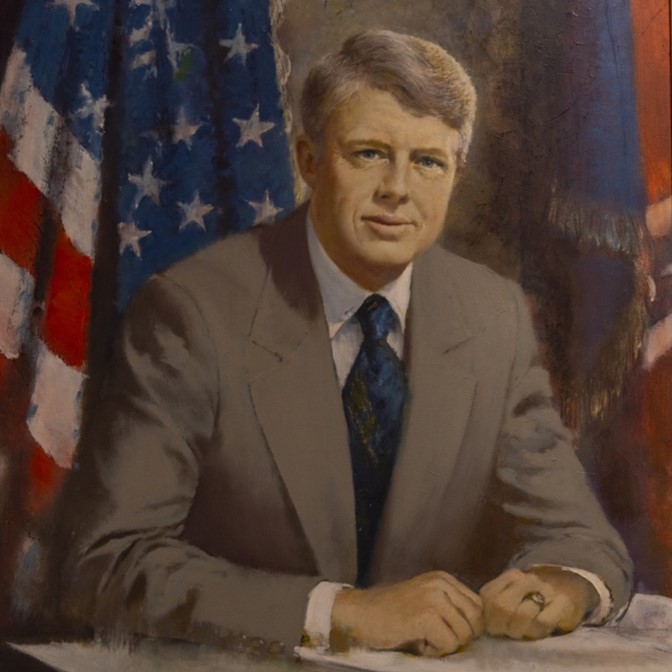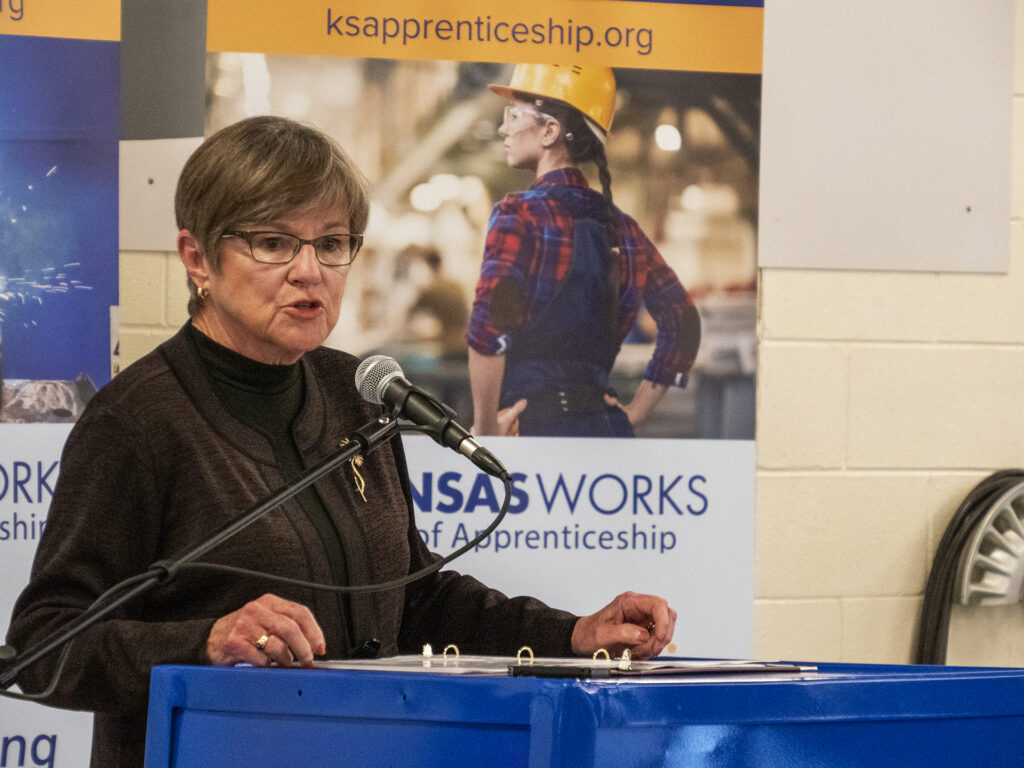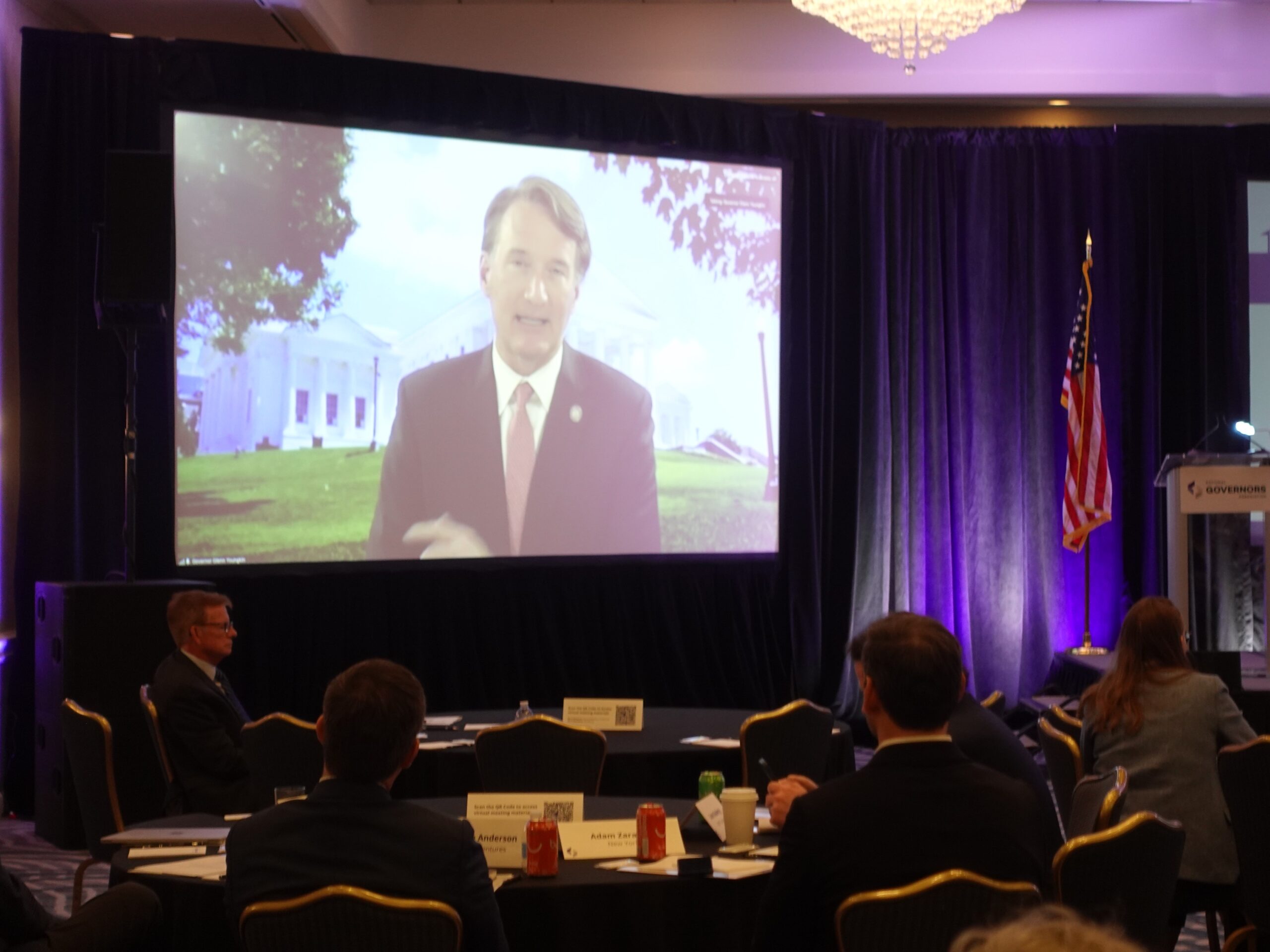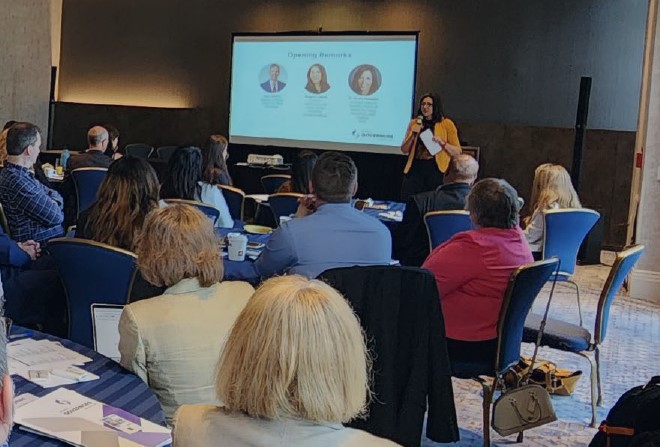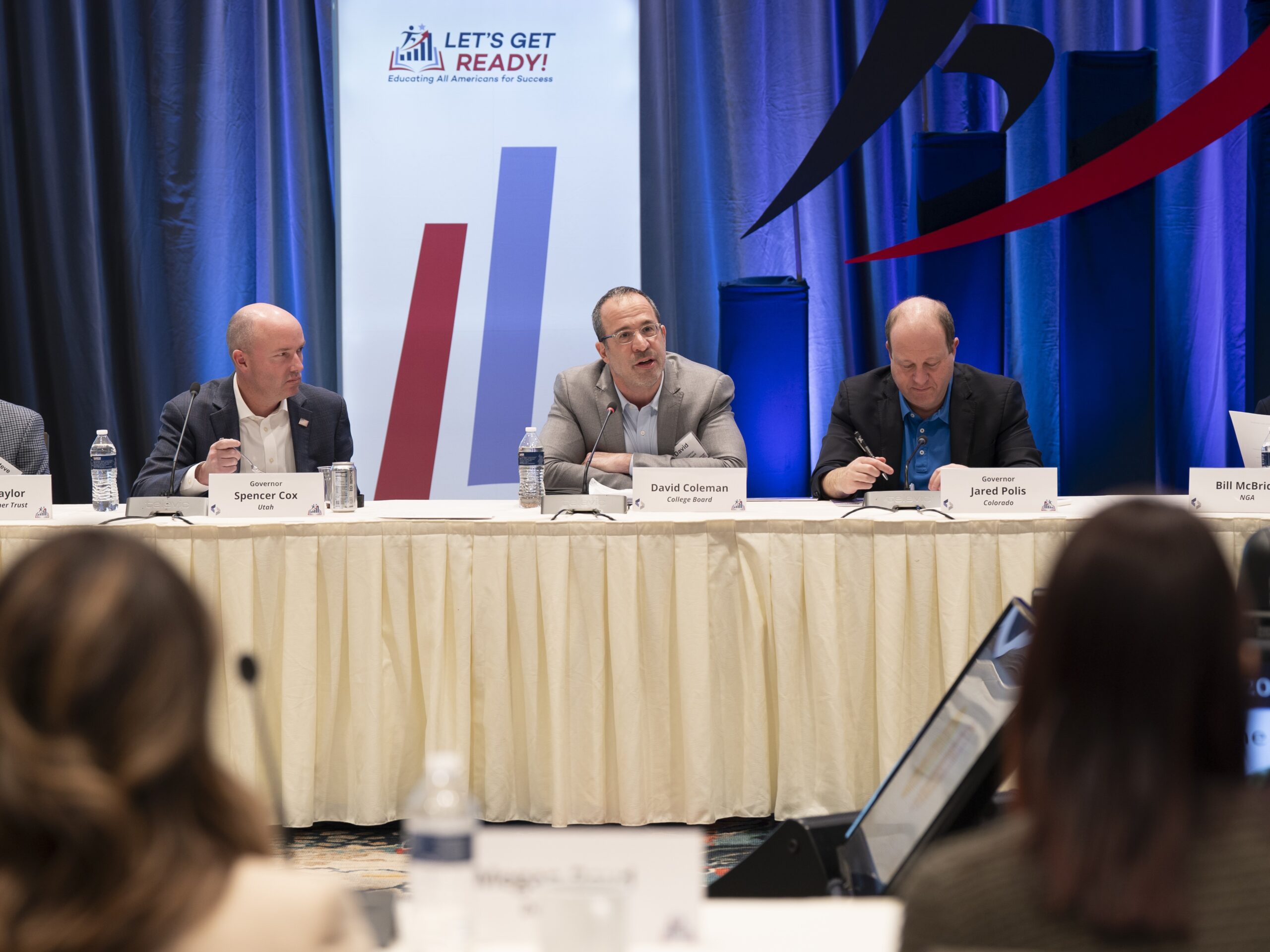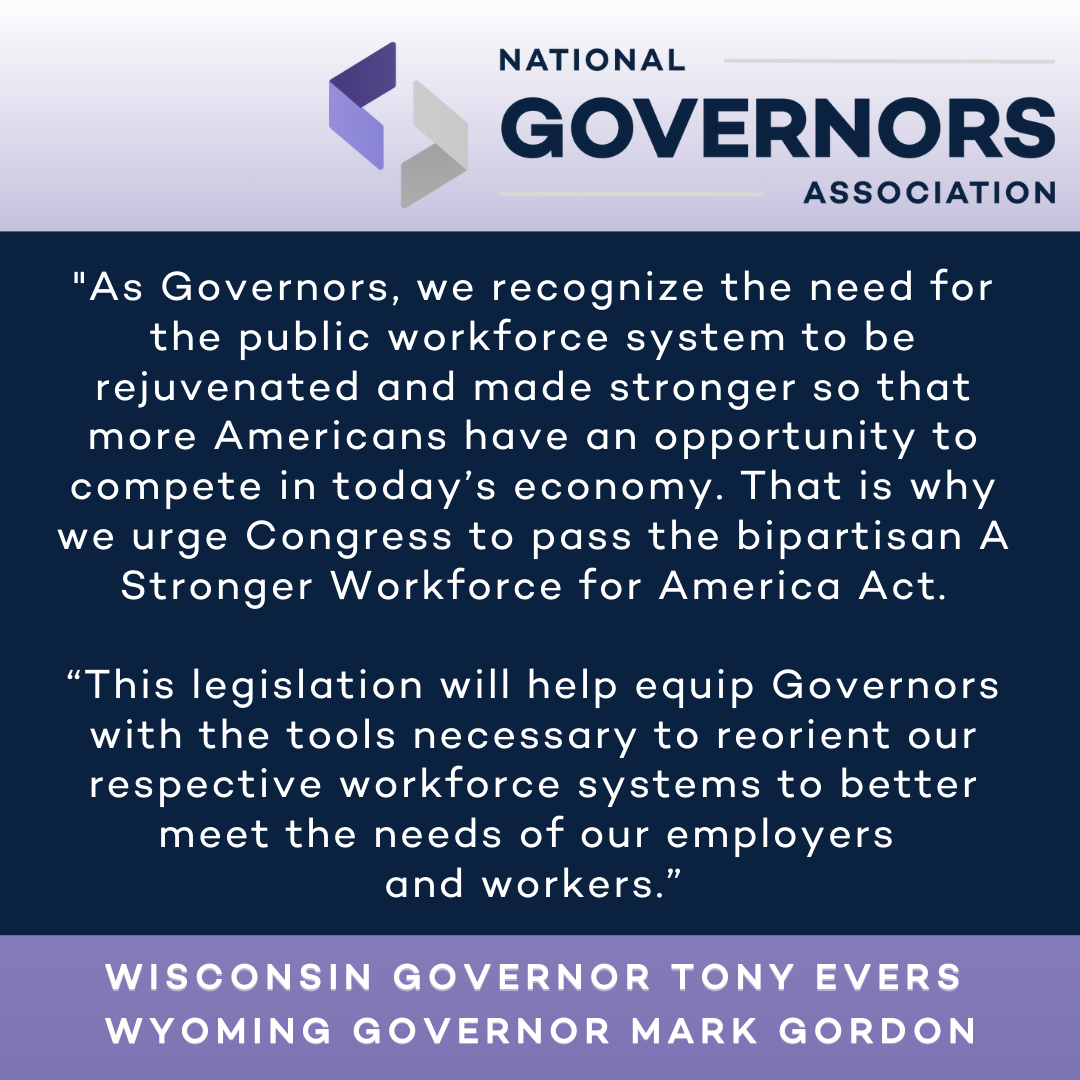On Thursday, April 4 and Friday, April 5, 2024, NGA held its Northeast Regional Project Delivery Workshop in Philadelphia. This convening, which was hosted in partnership with Pennsylvania Governor Josh Shapiro’s Office, brought together Governors’ Infrastructure Coordinators and other advisors from Northeast states, NGA Partners and federal officials to discuss infrastructure project delivery and coordination challenges facing these states. This convening was the second in the Regional Project Delivery series and followed NGA’s first regional workshop held in Nashville for Southeast states in November 2023.
The agenda focused on four main infrastructure topics: offshore wind, other energy opportunities, electric vehicle infrastructure and transit. The Workshop was structured around facilitated discussions that were introduced by several speakers on each topic. This structure led to a robust dialogue over the two days, despite a short interruption from an earthquake Friday morning!
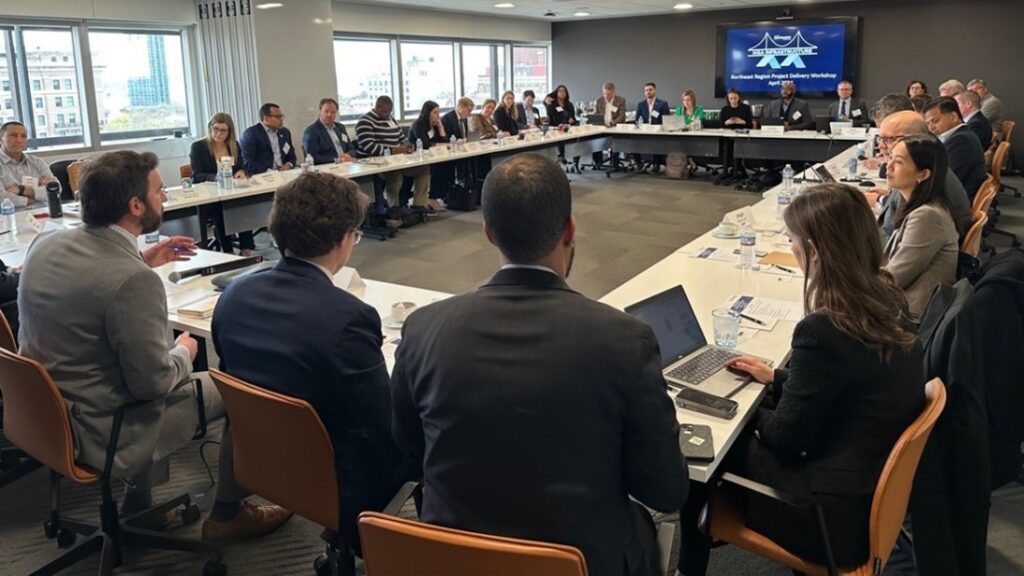
The meeting kicked off Thursday afternoon with a discussion on offshore wind and related infrastructure issues. Officials from the federal Bureau of Ocean Energy Management (BOEM) opened this session with a presentation on the role of BOEM in planning and authorizing offshore renewable energy development and efforts to improve offshore wind supply chains and approval timeframes. This was followed by comments from an official from the Permitting Council (formerly the Federal Permitting Improvement Steering Council), who discussed the role of the Council’s Project Dashboard in streamlining federal and state permitting processes, of which 15 of the 33 projects on the dashboard are offshore wind related. These introductory comments led to an in-depth conversation on the delivery of offshore wind projects, which covered technical challenges, the need for comprehensive stakeholder engagement to “upload” problems at the beginning of a project and the merits of using modeling tools to visualize proposals. The critical issue of connecting offshore wind facilities to the electricity grid and building grid capacity was also discussed.
The offshore wind discussion then turned to a dialogue on wind ports, which are specialized ports critical in delivering and operating offshore wind projects. Participants talked about progress being made in developing new wind ports in the Northeast, including the NJ Wind Port and State Pier in Connecticut, and the need for wind ports to support construction as well as the operations and maintenance of wind farms. Participants discussed best practices in wind port construction and also covered the importance of carefully building the project “capital stack” for wind farms through braiding together multiple public and private funding sources. The session on wind ports was rounded out by a representative from Great Lakes Dredge and Dock, who highlighted the $250 million investment being made in the Philadelphia shipyard to construct a custom-made vessel for wind turbine deployment in the U.S.
The rest of the afternoon was dedicated to a dialogue on other energy opportunities in the Northeast. Officials from Pennsylvania underlined their efforts in exploring large-scale geothermal technologies to secure sufficient base level electricity needs, and participants discussed geothermal technology improvements and the overlap between the geothermal and oil and gas workforce. The conversation turned to household heat pumps and measures to accelerate the adoption of new heat pump technologies for heating and cooling in Northeast states. The afternoon concluded with a presentation from the MACH2 Hydrogen Hub, which was recently awarded $750 million through U.S. Department of Energy’s Hydrogen Hub program.
The second day of programming kicked off Friday morning with an in-depth discussion on the deployment of electric vehicle infrastructure. The focus of this conversation was on the roll-out of the $5 billion National Electric Vehicle Infrastructure (NEVI) program and the $2.5 billion in discretionary funds available in the Infrastructure Investment and Jobs Act. A number of states provided progress updates on implementation and highlighted the different approaches and procurement models adopted. Participants discussed some of the challenges associated with deployment, including permitting, state and private sector capacity, and reliability/uptime, while underlining the need for stakeholders to develop streamlined processes to tackle these. The critical issue of electric grid capacity was also discussed, with some optimism expressed on the part of some utilities to leverage sufficient capacity in the grid during off-peak times to support charging activity. A representative from Amazon and others discussed progress in the electrification of goods movement and some of the challenges and opportunities that presents.
The final topic discussed during the workshop was on public transit in the Northeast. A representative from SEPTA (Southeastern Pennsylvania Transportation Authority) set the scene through an overview of SEPTA’s operations post-COVID. While SEPTA ridership was at about 70% of pre-COVID levels, the majority of the individual riders are back using the system but are just taking fewer trips. Given this reduction in trips, SEPTA is currently facing a significant budget shortfall, like many other transit systems. SEPTA and other state attendees discussed the benefits and costs of options to fill transit budget shortfalls, such as fare increases, operational efficiencies, service delays and tapping other funding sources, including value capture, including dedicated taxes, value capture and transit-oriented development. Participants also discussed the realignment of capital programs in the context of higher costs and reduced ridership. The Workshop wrapped up with a state-only lunch to discuss additional support, including technical assistance and additional NGA programming.
NGA thanks Governor Shapiro’s team for their insights and perspective over the two-day event. NGA also thanks Macquarie for offering use of their office space and their hospitality during the convening. NGA also extends appreciation for state and territory participants, NGA Partners and other practitioners who all helped make the event such a success.


